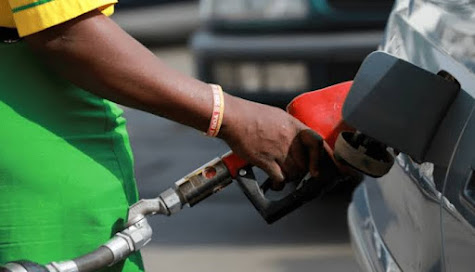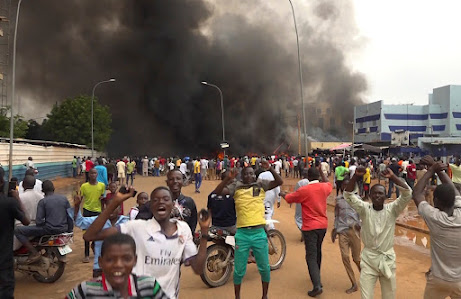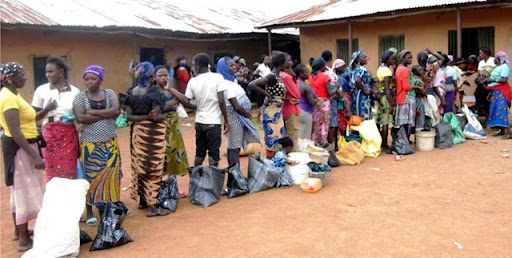By Adeze Ojukwu
Violence has become the new norm for most communities, countries and continents. Sadly, women tend to disproportionately bear the brunt of these criminalities. There is ample evidence that violence against women seems to be escalating despite the global campaign against such violations. This is quite unfortunate, considering that many women leaders and activists are fighting, vigorously, to end all forms of ancient and modern barriers deliberately established by societies to devour females and their rights.
The on-going FIFA Women’s World Cup, being hosted by Australia and New Zealand, provides not just an elixir for entertainment but a veritable window to celebrate female football czars, at the Mundial. Featuring at the highest global all-ladies football competition, as in all world tournaments, is no mean feat.




















